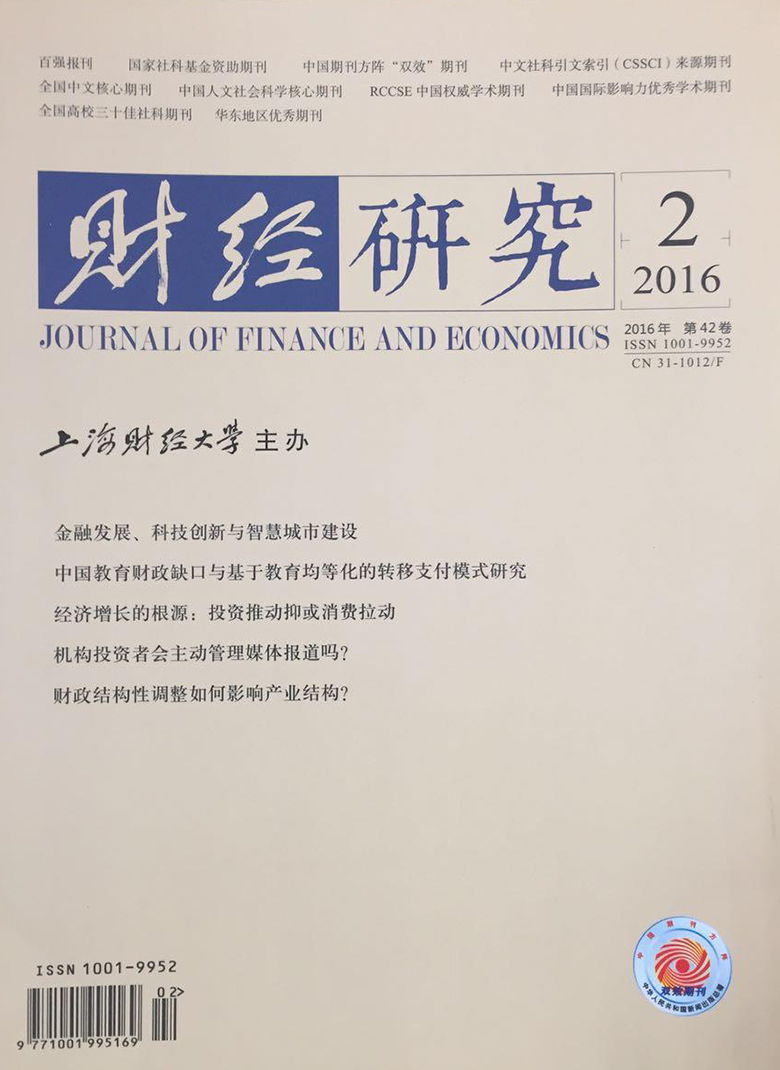The book, Money, Bank Credit and Economic Cycles, written by Prof. J. Huerta do Soto, an outstanding economist of Austrian school, arouses us how to recognize the economic fluctuations in republican China. He thought that the fractional-reserve banking system expanded fiduciary media, which was the internal cause of business cycle. According to this theory, this paper explores Chinese-funded banking in republican China and actually finds that excessive bank credit expansion leads to excessive industry investment and resulting economic fluctuations, because there is asymmetry between immediate price signals and intertemporal investment effects and both production enterprises and banks might fall into the asymmetry trap. The periodicity of economic fluctuations waits to further study, and is tentatively apart from the conclusions, but certainly, the bank credit is not the more, the better. Credit expansion is a double-edged sword, and excessive credit, even if it has complete procedures and there are no problems in the form, will become the fuse triggering economic fluctuations. This conclusion not only summarizes the financial and economic history more comprehensively, but also has practical reference.
 / Journals / Journal of Finance and Economics
/ Journals / Journal of Finance and EconomicsJournal of Finance and Economics
LiuYuanchun, Editor-in-Chief
ZhengChunrong, Vice Executive Editor-in-Chief
YaoLan BaoXiaohua HuangJun, Vice Editor-in-Chief
Credit Expansion and Business Cycle in Republican China:Academic Discussion on Austrian Economist Prof. J. Huerta do Soto's Book
Journal of Finance and Economics Vol. 42, Issue 02, pp. 63 - 72 (2016) DOI:10.16538/j.cnki.jfe.2016.02.006
Abstract
References
Abstract
Cite this article
Du Xuncheng. Credit Expansion and Business Cycle in Republican China:Academic Discussion on Austrian Economist Prof. J. Huerta do Soto's Book[J]. Journal of Finance and Economics, 2016, 42(2): 63–72.
Export Citations as:
For




 7844
7844  5849
5849

